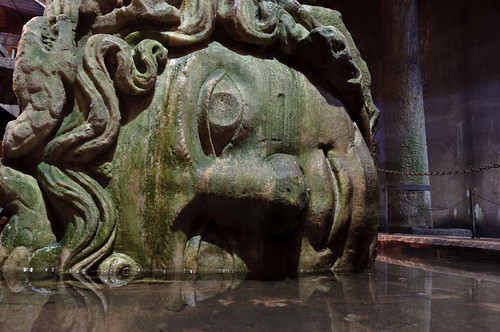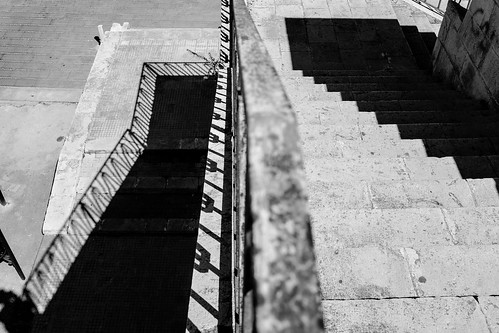On Wednesday, students at Princeton University occupied the president’s office. They had a list of demands regarding the status of students of color at Princeton. One of them was that Princeton remove Woodrow Wilson’s name from all campus buildings and programs because of Wilson’s enthusiasm, expressed in word and deed, for white supremacy.
Having been an undergraduate at Princeton in the late 1980s, I knew this demand would generate a lot of heat. Unlike John C. Calhoun, whose name adorns one of Yale’s residential colleges, Wilson is Princeton. He was an undergraduate there, a professor there, and the university’s president. It was from Princeton that he launched his national political career, first as governor of New Jersey, then as president of the United States. I thought to myself: no matter what your position is on the politics of naming, campus protests, discussions around race today, this is going to be interesting.
On Thursday, after a 32-hour standoff, the students’ occupation ended with, among other things, Princeton committing to opening a dialogue about possibly removing Wilson’s name from some parts of the campus. While the agreement brought the occupation to an end, I suspect the controversy has only just begun. Yale can easily get rid of Calhoun; his name was only attached to Calhoun College in 1932. Wilson is different: in part because of his national stature, in part because of his embeddedness at Princeton, in part because Princeton is, in some ways, still a Southern university.
Wilson’s past is Princeton’s present. Not just in terms of race—one need only eat at the university’s Prospect House, where many of the servers are black, to get a sense of just how many buttons are now being pushed—but in terms of how Princeton conceives itself politically. Princeton’s motto, “In the Nation’s Service,” originated with Wilson, and is fundamental to Princeton’s sense of itself as a training ground for the country’s ruling class, particularly in government. There’s simply no way Princeton can extricate itself from its entanglements with race without revisiting its entanglement with national power. Not just domestically but also internationally: Wilson did not leave his race politics behind when he headed for Versailles; they went there with him. Likewise American power and its Princeton servants.
How far Princeton is willing to bend on this issue, in other words, will tell us something about the outer boundaries of a leading university’s willingness to confront its racial past.
I dedicated my Salon column to the controversy and its resolution. I focused less on these issues I’ve discussed here, than the politics of free speech and memorialization on campus, and the contributions these students have made to our national consciousness.
And that’s why we owe these students at Princeton a debt. Universities are supposed to be educational institutions: Their first educational constituency is their students, of course, but their second is the nation. Most of us are fairly ignorant about how central race and racism were to Wilson’s politics. By forcing this question, not only on Princeton’s campus but throughout the country, Princeton’s students are actually doing the job that Princeton itself is supposed to be doing: they’re educating all of us.
…
Too often in our debates about freedom of speech, we assume that it already exists and that it is campus activists, particularly over questions of race, who threaten it. But what Princeton’s students have shown is that, before they came along, there was in fact precious little speech about figures like Wilson, and what speech there was, was mostly bland PR for tourists and prospective students. Even more important, Princeton’s students have shown us that it is precisely the kinds of actions they have taken — which are uncivil, frequently illegal and always unruly — that produce speech. Not just yelling and shouting, but also informed, deliberative, reasoned speech.
…
Besides, there’s any number of ways to take Wilson’s name off a campus building — without erasing the past. Princeton could put up a plaque that says, “This building was once named after Woodrow Wilson in honor of his achievements as president of Princeton, governor of New Jersey and president of the United States. In 2015, after lengthy campus discussions of Wilson’s racial policies — including his decision to segregate the federal bureaucracy — the university decided to remove his name from this building and to rename it the W.E.B. DuBois School of Public and International Affairs, in honor of Wilson’s most formidable critic on matters of race.”
And then we could have another debate: about how DuBois would have been appalled to see his name adorn a building on a campus where dining hall workers, many of whom are black (it’s telling that the demographic on campus that has the highest percentage of African Americans is “all other staff”), make less than a living wage if they are parents and are often treated as if they were servants.

